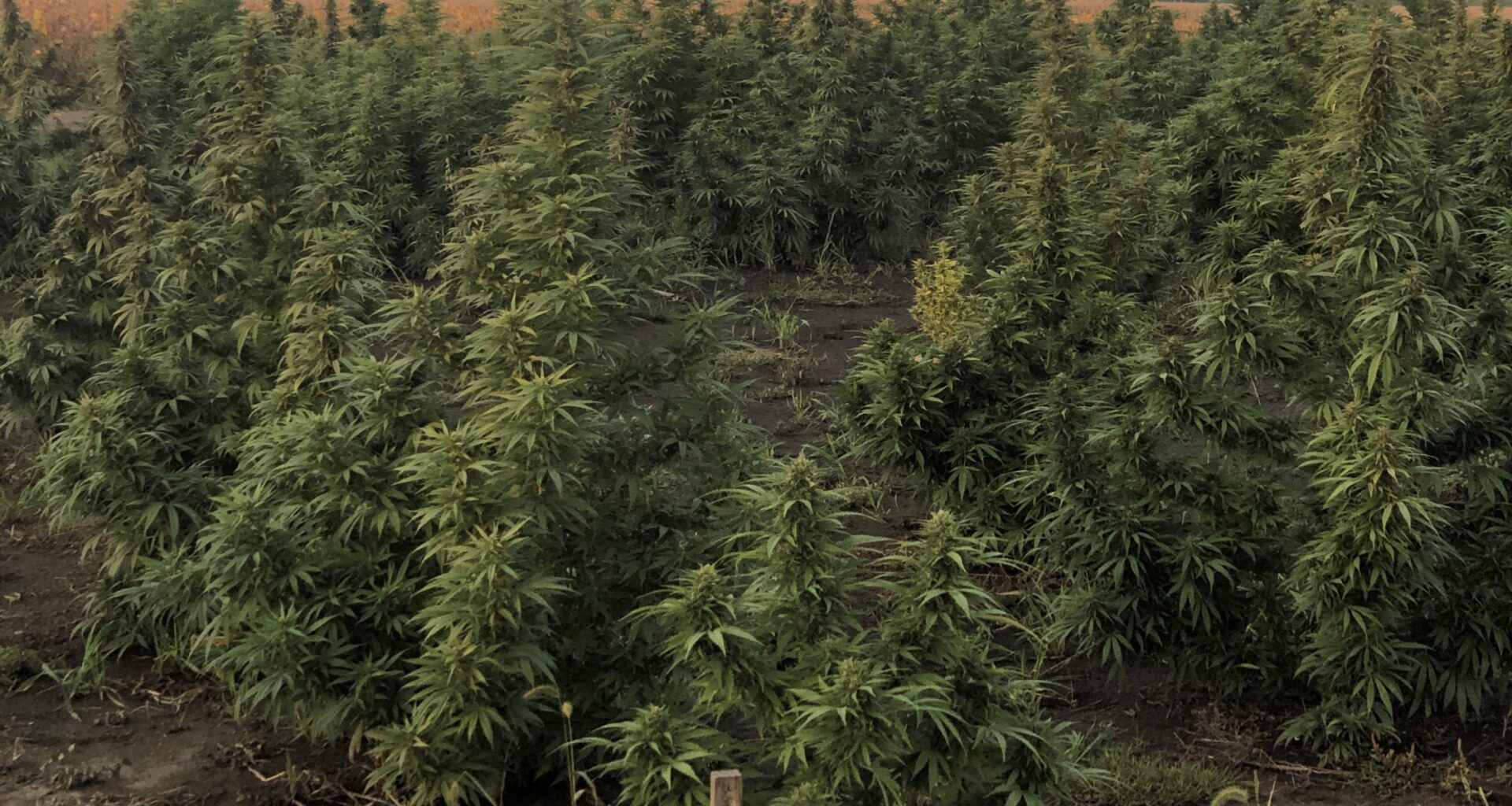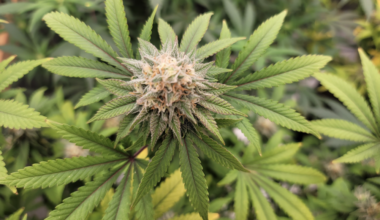Federal agriculture officials plan to collect hemp acreage and production data from thousands of U.S. farmers in the coming months.
The U.S. Department of Agriculture published a notice in the Federal Register late last month, requesting permission to gather data about hemp production from the White House.
Though the type of data USDA is after is not yet clear, the agency said it expects approximately 20,000 responses from hemp producers, based on a list of hemp producers being developed by the National Agricultural Statistics Service.
According to the notice, the data will be collected under the authority of the Domestic Hemp Production Program, run by the USDA’s Agricultural Marketing Service.
NASS management met with representatives from AMS, as well as the USDA’s Economic Research Service, Farm Service Agency, Risk Management Agency, and the Office of the Secretary of Agriculture to determine the type of data needed and the frequency of collections.
NASS plans to send questionnaires through the mail and will use “multiple mailings and internet data collection tools, followed up with phone” and limited personal calls to non-respondents to increase responses.
The notice invites comments on why the information is necessary and best practices for gathering the information until April 26.
The USDA’s final hemp production rules were released Jan. 15 and are expected to take effect this month.
The request for hemp production data is separate from a hemp production costs and practices survey the USDA planned to execute last year in collaboration with the National Association of State Departments of Agriculture and the University of Kentucky.
The USDA’s data collection arm, the National Agricultural Statistics Service, is also sending “content tests” to farmers this spring as it gears up for the 2022 Census of Agriculture, which will include hemp farmers for the first time.
Download this free report to learn more about the new hemp rules taking effect this month: “USDA Hemp Rule: Update for Hemp and CBD Businesses.”
Medical Disclaimer:
The information provided in these blog posts is intended for general informational and educational purposes only. It is not a substitute for professional medical advice, diagnosis, or treatment. Always seek the advice of your physician or other qualified healthcare provider with any questions you may have regarding a medical condition. The use of any information provided in these blog posts is solely at your own risk. The authors and the website do not recommend or endorse any specific products, treatments, or procedures mentioned. Reliance on any information in these blog posts is solely at your own discretion.






